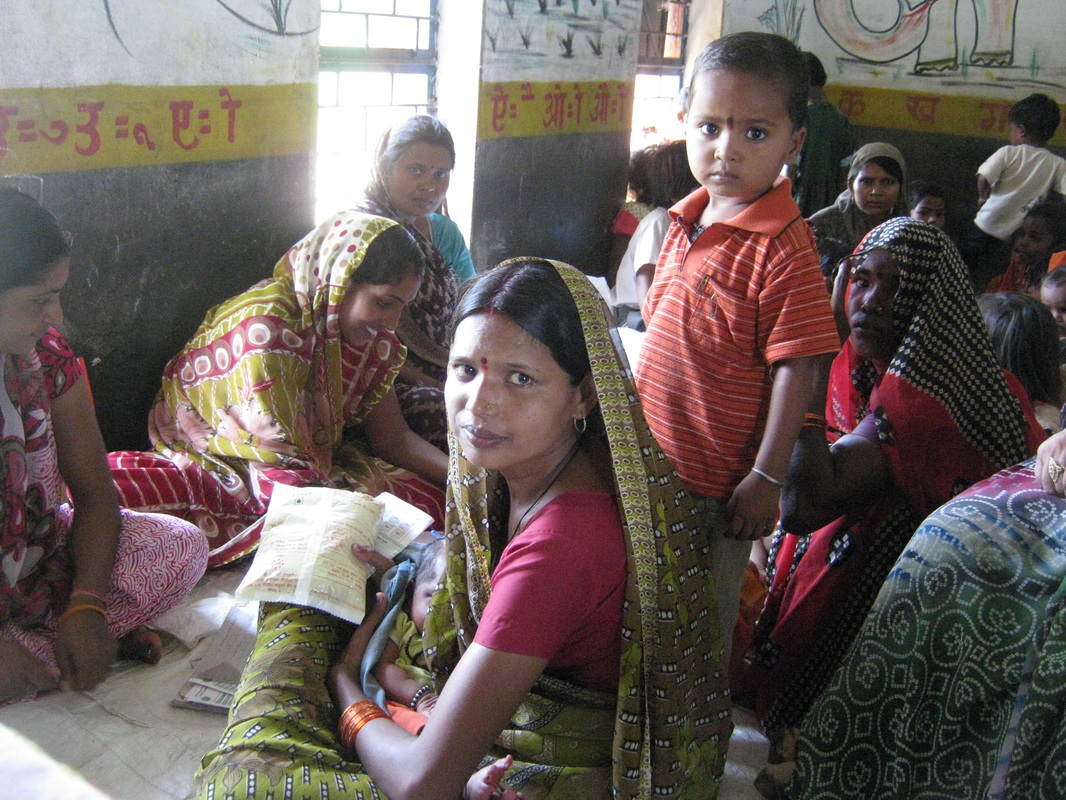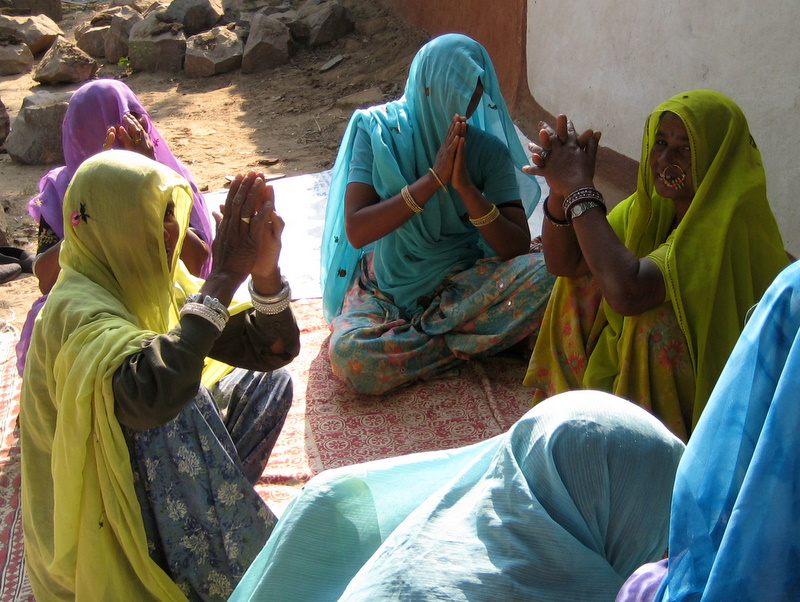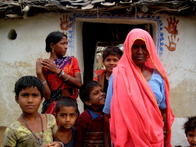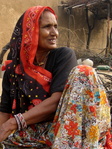Innovative Health Initiatives
My Health My Voice, India
Mera Swasthya Meri Awaaz
An Initiative to map informal fees in Government health facilities
Mera Swasthya Meri Awaaz
An Initiative to map informal fees in Government health facilities
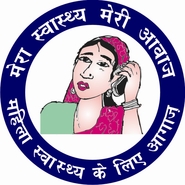
Although maternal mortality has declined in India in recent years, the rate of maternal deaths remains unacceptably high in many parts of the country. The Government of India has made efforts to protect and fulfil the right to health of its citizens and improve access to maternal health services. According to policy, most maternal health services in public health facilities are free for women in India, especially if they are from states that have high maternal mortality such as Uttar Pradesh.
Yet, throughout the country, women who approach government health facilities are charged informal fees for products and services meant to be free of charge. This puts an incredible burden on poor women and their families and acts as a barrier to accessing services. In Uttar Pradesh, SAHAYOG and its partners have been working with a grassroots women‘s organisation of over 11,000 marginalised women across 10 districts of Uttar Pradesh (called the Women‘s Health Rights Forum or MSAM) to engage in citizen monitoring of the provisions by the National Rural Health Mission (NRHM, 2005- 2012). By providing information on entitlements and capacity building on systematic monitoring, the MSAM has provided feedback to the health department officials on the poor implementation of various schemes. While informal fees for access to maternal health care has been highlighted during these monitoring sessions, these groups have not had the technology needed to generate the compelling visual representation of this practice that is needed to hold their government accountable. Further fearing a backlash, these groups have not been able to indicate the actual health institutions where they were compelled to make these out-of-pocket payments.
The Mera Swasthya Meri Aawaz or My Health My Voice project was implemented by SAHAYOG in two districts in Uttar Pradesh to enable women and their families to use a toll-free service to confidentially report incidents of informal fees. Given the high rate of illiteracy in the project‘s target area, the Mera Swasthya Meri Aawaz adapted the Ushahidi platform so that citizens are able to use an Interactive Voice Response (IVR) system to anonymously report the demands for informal fees for maternal health services. The reports are then automatically recorded against each health facility marked on a map. The map is available to the public through a website (http://meraswasthyameriaawaz.org/).
The project strengthens the monitoring work already being done and is being used to hold the government accountable. In the event of an emergency where urgent help is needed, the IVRS has a feature which enables the user to directly talk to our CBO partners. On receiving such a call, the CBO partner directly calls the Chief Medical Officer, who intervenes to ensure that the patient is attended to immediately. Since its launch in January 2012, there have been over 700 complaints recorded. The data generated has been used to advocate with health officials at the district and sub district levels to stop the practice of informal fees.
Contributed by Y.K. Sandhya,
SAHAYOG, India.
www.sahayogindia.org
Yet, throughout the country, women who approach government health facilities are charged informal fees for products and services meant to be free of charge. This puts an incredible burden on poor women and their families and acts as a barrier to accessing services. In Uttar Pradesh, SAHAYOG and its partners have been working with a grassroots women‘s organisation of over 11,000 marginalised women across 10 districts of Uttar Pradesh (called the Women‘s Health Rights Forum or MSAM) to engage in citizen monitoring of the provisions by the National Rural Health Mission (NRHM, 2005- 2012). By providing information on entitlements and capacity building on systematic monitoring, the MSAM has provided feedback to the health department officials on the poor implementation of various schemes. While informal fees for access to maternal health care has been highlighted during these monitoring sessions, these groups have not had the technology needed to generate the compelling visual representation of this practice that is needed to hold their government accountable. Further fearing a backlash, these groups have not been able to indicate the actual health institutions where they were compelled to make these out-of-pocket payments.
The Mera Swasthya Meri Aawaz or My Health My Voice project was implemented by SAHAYOG in two districts in Uttar Pradesh to enable women and their families to use a toll-free service to confidentially report incidents of informal fees. Given the high rate of illiteracy in the project‘s target area, the Mera Swasthya Meri Aawaz adapted the Ushahidi platform so that citizens are able to use an Interactive Voice Response (IVR) system to anonymously report the demands for informal fees for maternal health services. The reports are then automatically recorded against each health facility marked on a map. The map is available to the public through a website (http://meraswasthyameriaawaz.org/).
The project strengthens the monitoring work already being done and is being used to hold the government accountable. In the event of an emergency where urgent help is needed, the IVRS has a feature which enables the user to directly talk to our CBO partners. On receiving such a call, the CBO partner directly calls the Chief Medical Officer, who intervenes to ensure that the patient is attended to immediately. Since its launch in January 2012, there have been over 700 complaints recorded. The data generated has been used to advocate with health officials at the district and sub district levels to stop the practice of informal fees.
Contributed by Y.K. Sandhya,
SAHAYOG, India.
www.sahayogindia.org
